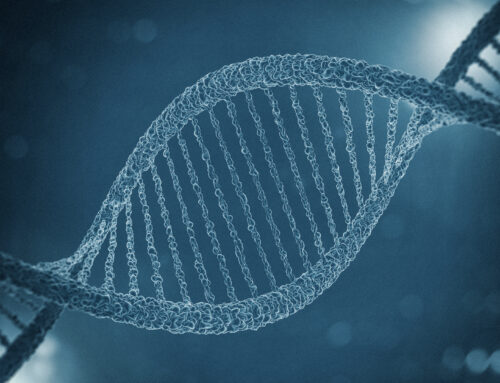By Emily Reisler
Direct-to-consumer (DTC) genetic testing has become all the rage in recent years. It’s easy, accessible, and moderately priced, so what’s not to love? A recent NYT story explores.
The article features a 29-year-old radiologist from Dallas, Texas, Dr. Joshua Clayton. Clayton wanted to learn more about his ancestry, so he ordered an ancestry testing kit through 23andMe. But then he went one step further. He sent his DNA profile generated by 23andMe to a another company that offers interpretation of raw data from direct-to-consumer tests. Using this third-party interpreter, Clayton sought to learn more about his health risks.
The results triggered alarm. They revealed that Clayton carried a mutation for Lynch syndrome, a disorder that can cause life-threatening cancers. But as a healthcare professional, Clayton knew to be wary of those results. He proceeded to double-check them using tests from a company with expertise in medical diagnostics, and he discovered that the third-party reports were wrong. He did not carry a mutation for Lynch syndrome and had no reason to worry.
Because the FDA limits what DTC companies–such as 23andMe–can test for, consumers may turn to third-party companies for further analysis of their raw DNA data. These third-party companies can provide more information about personal health risks; however, they do have a history of reporting erroneous results. The NYT article proceeds to explain why.
Mostly, third-party companies “are comparing a consumer’s raw data to gene variants reported to be linked to disease.” They look for trends and patterns, as opposed to clinical laboratories that look directly for gene mutations and have stricter protocols for interpreting genetic changes. On top of that, the raw DNA data generated by DTC companies may contain mistakes, which boosts the likelihood of inaccuracies in third-party results.
Inaccurate genetic results can pose serious dangers for consumers. False positives for gene mutations provoke unnecessary alarm for consumers; false negatives trigger unwarranted confidence; and both scenarios could lead to poor medical decisions. While Dr. Clayton knew not to accept his third-party results as conclusive or diagnostic, some consumers might fall into this trap.
Contributing to the confusion, DTC companies and third-party interpreters typically bypass a critical process: genetic counseling. Genetic counselors help clients seek dependable genetic tests, digest results, understand the implications, sort through personal concerns, and lastly, they can help clients navigate through options. With genetic counseling readily available, consumers do not need to navigate through genetic testing and consequent decision-making alone, which can become a daunting process.
All pitfalls and warnings considered, consumer genetic testing still has multi-faceted appeal for some: it can provide information about our ancestors, help us piece together a family tree, provide some information about health risks, and more. But, as the NYT article reminds us, we must be wary of these tests–and additional interpretation–just as Dr. Clayton was. They are not diagnostic or conclusive. The bottom line? If you’re considering taking them, remember to think before you spit.
Have further questions? The Sarnoff Center is always here to answer them.
Photo credit: https://www.flickr.com/photos/genomegov/


